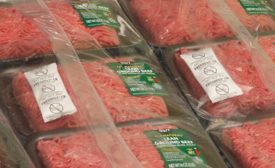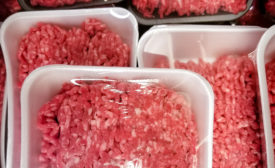Regulations
Teachable moments in humane animal handling
Lessons from the 62 humane handling enforcement actions posted to the USDA’s Food Safety and Inspection Services website in 2021.
Read More
Stay ahead of the curve. Unlock a dose of cutting-edge insights.
Receive our premium content directly to your inbox.
SIGN-UP TODAYCopyright ©2024. All Rights Reserved BNP Media.
Design, CMS, Hosting & Web Development :: ePublishing
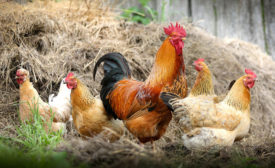
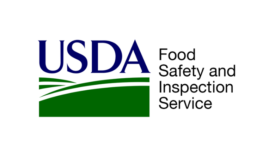
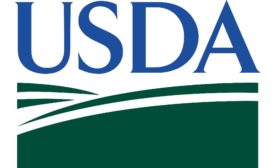
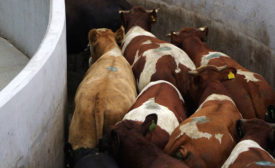

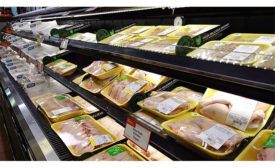

.png?1647275041)
